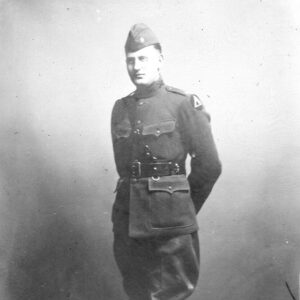 William C. Bradford
William C. Bradford
Entry Category: Individuals and Units
 William C. Bradford
William C. Bradford
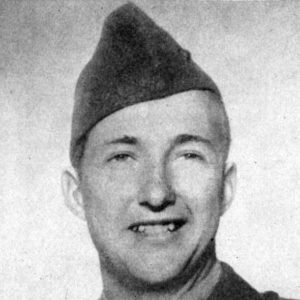 Jack Williams
Jack Williams
Williams, Jack
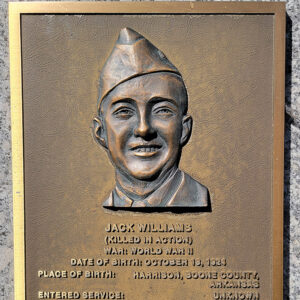 Jack Williams Plaque
Jack Williams Plaque
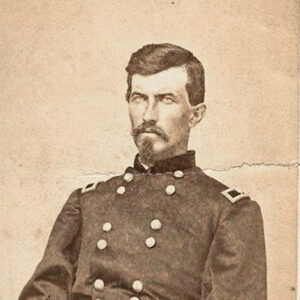 James M. Williams
James M. Williams
Williams, Jeff
aka: Thomas Jefferson Williams
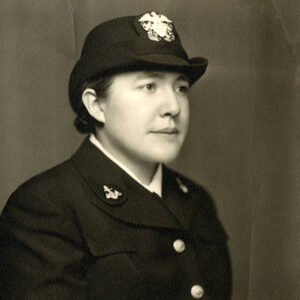 Frances L. Willoughby
Frances L. Willoughby
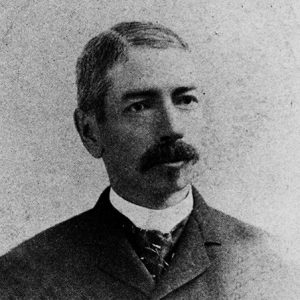 Byron Wilson
Byron Wilson
Wilson, Winston Peabody “Wimpy”
Witt, Allen Rufus
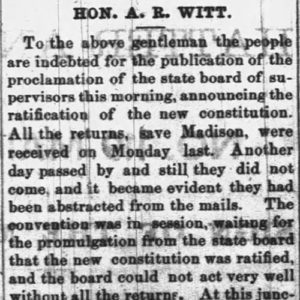 Allen Rufus Witt Story
Allen Rufus Witt Story
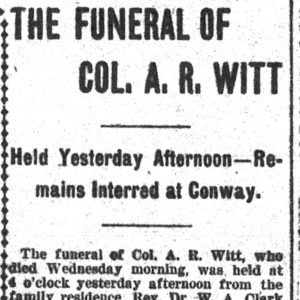 Allen Rufus Witt Death
Allen Rufus Witt Death
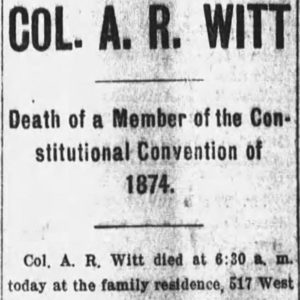 Allen Rufus Witt Death
Allen Rufus Witt Death
Wolfe, Paul
Women’s Auxiliary Army Corps (WAAC)
Wood, John Shirley
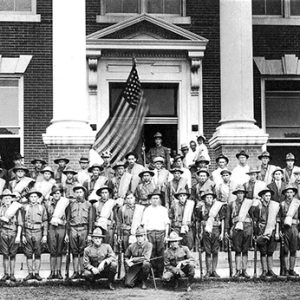 World War I Soldiers
World War I Soldiers




